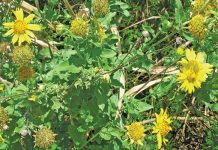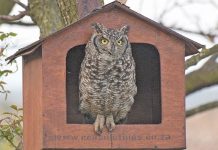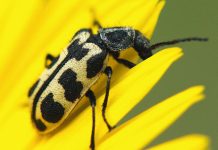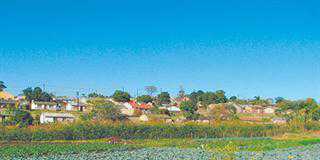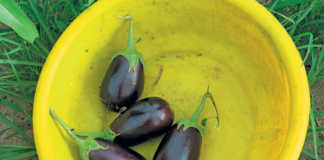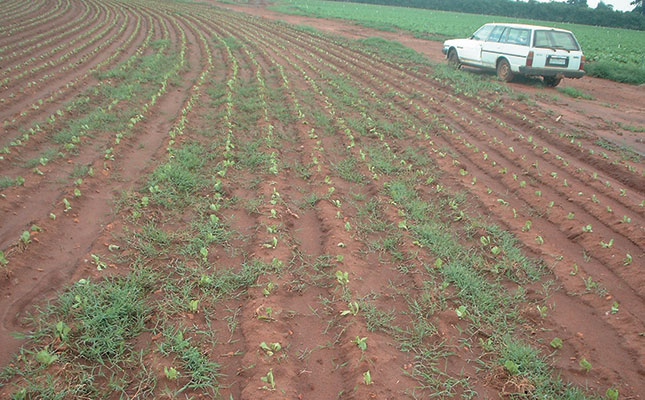
Certain weeds are more problematic for vegetable growers than others. The reasons for this include resistance to herbicide, fast growth, or the weed being a prolific seeder.
A weed that occurs on many vegetable farms is Paspalum distichum. Most farmers refer to it by its Afrikaans name, kweek, the name widely used for various species with a similar growth type. The correct English common name is ‘couch paspalum’.
There is also the more common and widely known kweek, Cynodon spp, or Bermuda grass. This is used for lawns and even pasture, and is not a threat to vegetable farmers.
What it looks like, and where it grows
P. distichum has a considerably larger seed than that of Cynodon, and is a much coarser creeping grass. When flowering, it makes two racemes with relatively large seeds. The stalk is held fairly high above the mat of foliage.
This weed often grows on roads between lands, from where it is spread easily to the land by tined implements – which drag the seed from the verges of the road edges – muddy shoes of workers, and various cultivation activities that break up the runners, allowing the segments to take root and spread.
Catch it early to stop the threat in time
Unlike many seeded weeds, the species tends to increase gradually and then rapidly become a major threat. When vegetatively propagated in a land, it cannot be controlled by commonly used vegetable herbicides. You will need herbicides that control grasses without harming the crop. One is fluazifop-p-butyl, which is sold under various trade names.
Keep your eye open for the weed so that you can treat it in time; if you fail to do so, you might have to give repeat doses of herbicide, which will increase your production costs.
Aim for complete elimination
The best course of action is to remove P. distichum from the farm altogether with fluazifop-p-butyl or products such as glyphosate. Look for the weed on roads or other areas. Use a knapsack sprayer to treat small patches of the weed in the land.
P. distichum is indigenous and hardy, and able to handle drought. Tillage during the dry season will dry out this weed (if it is allowed to become sufficiently dry), but the seeds will remain. You can prevent these from establishing themselves by using one of the broad-spectrum herbicides available for weed control in vegetables.
The bottom line is to be vigilant and stop the weed before it becomes a major problem.



